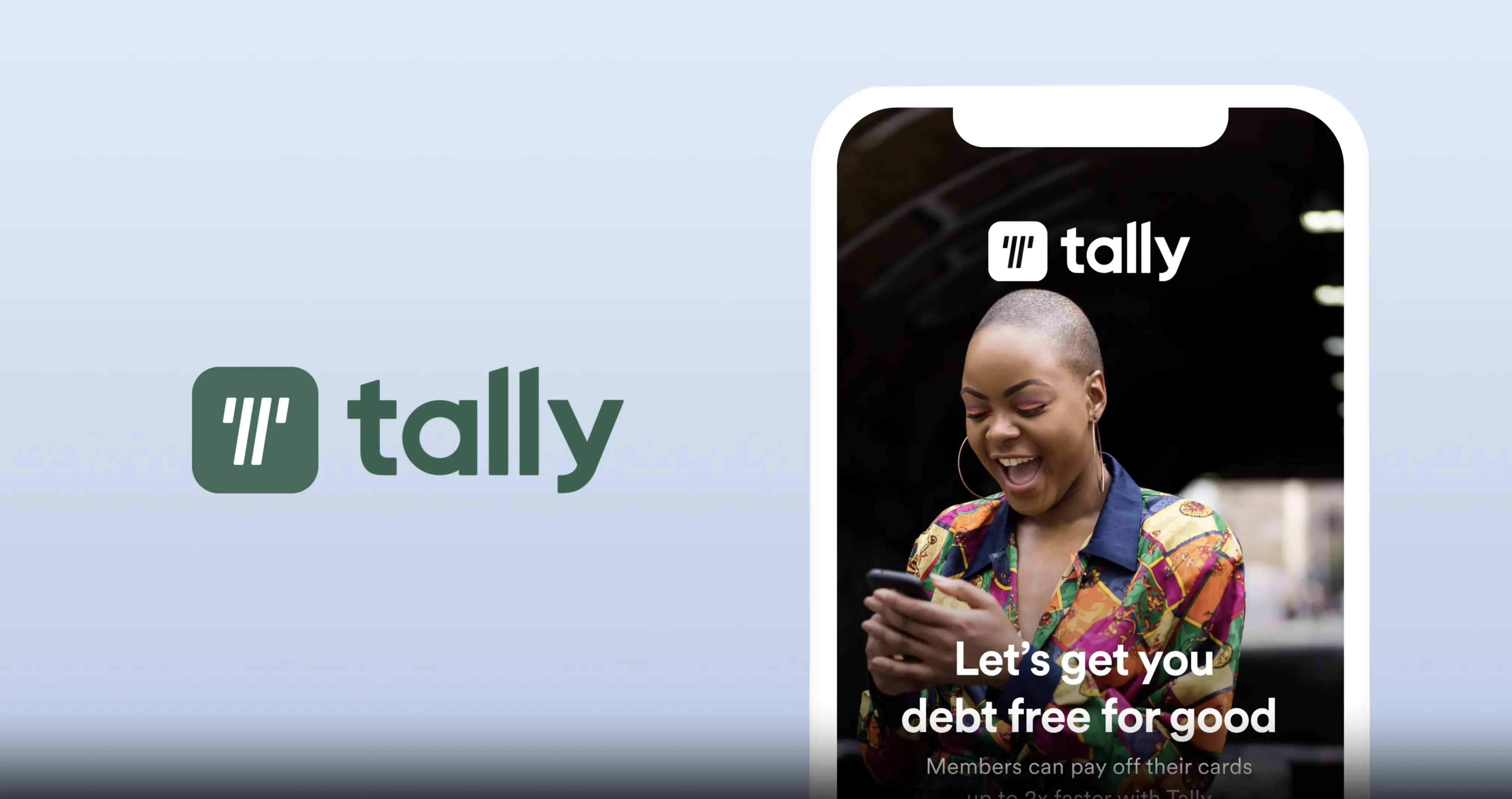Category: FinTech News

FinTech News
Spend Management FinTech Ramp Raises $150 Million
by Kyle Burbank
The FinTech startup Ramp has revealed its latest "mega-round." About the round: This week, Ramp announced that it had raised $150 million. The Series D-2 was co-led by Khosla Ventures and Founders Fund. Additionally, new investors Sequoia Capital, Greylock, and 8VC joined existing investors Thrive Capital, General Catalyst, Sands Capital, D1 Capital Partners, Lux Capital, Iconiq Capital, Definition Capital, Contrary Capital, and others in participating in the round. To date,... 
FinTech News
Karma Wallet Announces Acquisition of DoneGood Marketplace
by Kyle Burbank
An eco-conscious FinTech is adding a sustainable shopping marketplace to its offerings via an acquisition. About the acquisition: This week, Karma Wallet announced that it had acquired DoneGood. Terms of the deal were not disclosed. However, as a result of the purchase, DoneGood will be integrated into the Karma Wallet ecosystem, simplifying the sustainable shopping process. According to Karma Wallet, the acquisition of DoneGood will further empower consumers to make... 
FinTech News
Empower Financial to Acquire Petal
by Kyle Burbank
The popular credit-building card company Petal is being acquired. About the deal: Empower Financial (not to be confused with Empower, which acquired Personal Capital and rebranded it to Empower Personal Dashboard) has signed a definitive agreement to acquire Petal. Details of the deal were not disclosed. However, Empower anticipates the transition to close later this quarter. News of this acquisition also comes as Empower has completed its purchase of Cashalo.... 
FinTech News
Rocket Mortgage Announces AI-Powered Tool Rocket Logic
by Kyle Burbank
Rocket Companies has unveiled a new AI tool that it says will help makes mortgage underwriting faster and easier. About Rocket Logic: Rocket Mortgage is introducing Rocket Logic — a patented AI platform for mortgages. According to the company, Rocket Logic utilizes insights from more than 10 petabytes of proprietary data as well as 50 million annual call transcripts. As a result, the AI system is designed to help customers... 
FinTech News
Brim Financial Raises $85 Million as It Eyes Global Expansion
by Kyle Burbank
Toronto-based FinTech infrastructure startup Brim Financial has announced a new funding round. About the round: Brim has revealed an $85 million round. The Series C was led by EDC Investments while new investor Vistara Growth and returning investors White Owl Group, Epic Ventures, and Zions Bank also participated. To date, the company has now raised $110 million including a Series B in 2021. According to Brim, the latest funding will... 
FinTech News
Tally Pivots to B2B Credit Card Debt Management Product
by Kyle Burbank
Tally — an app that helps consumers pay off their credit card debt — has announced an expansion of their service and will allow partners to offer their platform. About the new offering: Tally has unveiled a new B2B white-labeled credit card debt management platform. This offering will allow banks, institutions, FinTechs, lenders, and other businesses to integrate Tally's software into their own services. As a result of this shift,... 
FinTech News
Varo Bank Introduces Line of Credit Option with Fixed Pricing
by Kyle Burbank
Varo has announced the impending launch of a new borrowing option for customers. About the feature: This week, Varo Bank revealed its new Varo Line of Credit. With this feature, customers can get approval for a line of credit ranging from $600 to $2,000. According to the bank, this feature will have transparent fixed pricing rather than charging interest. It will also be free of any late fees. As for... 




